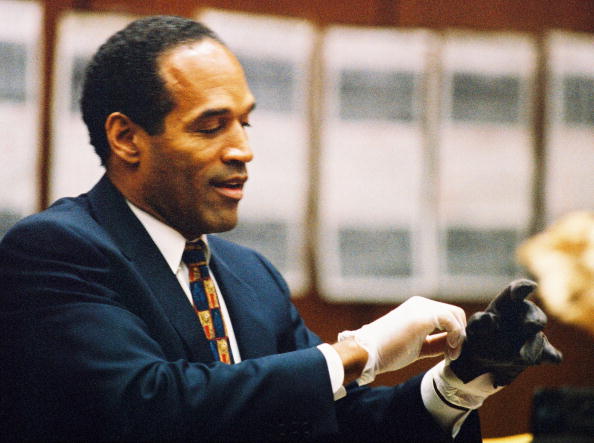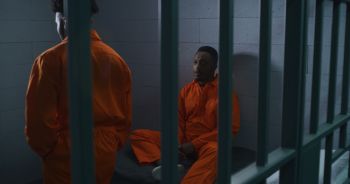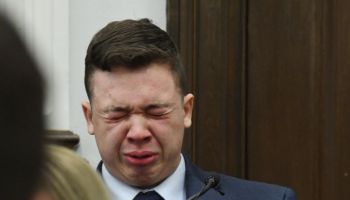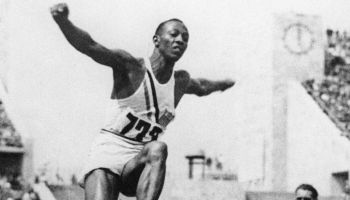One of the most-infamous instances in the life of former Black militant and current scholar Angela Davis (pictured) was the “Soledad Brothers” trial in 1970.
RELATED: Happy Birthday To The Late Dr. Betty Shabazz!
On August 7th of that year, 17-year-old Black militant Jonathan Jackson, brother of author George, burst in to a California courtroom and abducted Judge Harold Haley, a prosecutor, and three female jurors, while freeing two inmates on trial for murder.
Even though the younger Jackson had hoped to exchange the hostages for his brother, unfortunately, Jonathan, two inmates, and Judge Haley were all killed in the ensuing fracas.
Angela Davis was pinned as responsible for purchasing the guns used in the hostage situation.
After going in to hiding, Davis was arrested in New York in October of that year facing conspiracy and murder charges. Davis’ indictment got her placed on the FBI’s Most Wanted list, and her ties with the Black Panthers and her activism and communist stances were also called in to question.
Watch the Soledad Brothers’ case here:
Davis would finally face a trial in March of 1972, drawing attention from around the globe due to the explosive nature of the charges. The prosecution put together what legal experts referred to as a “weak case,” and it became obvious to observers that Angela Davis was being used as an example to strike fear in to militants.
In June 1972, she was acquitted and free of all charges.
Davis’ time in jail inspired her to champion against what she refers to as the “prison industrial complex” – a cause she still valiantly takes on to this day. Her case inspired songs from popular entertainers of the time with John Lennon and Yoko Ono recording the song “Angela” to show their solidarity in 1972; The Rolling Stones also recorded a track, “Sweet Black Angel,” in honor of Davis that same year.
Listen to The Rolling Stones” Sweet Black Angel” here:
Davis would visit Cuba shortly after her release, following in the footsteps of fellow activists Assata Shakur, Huey Newton, and Stokely Carmichael. She was received by the pro-Communist nation and used her platform to champion for socialism.
In 1980 and 1984, she ran on the U.S. Communist Party ticket as a vice presidential candidate along with party leader Gus Hall. She would eventually begin teaching at the University of California, Santa Cruz from 1991 to 2008. Davis is still a vocal activist and considered a valued leader, although she has long since cut her communist ties.
Sound off!
SEE ALSO: President Honors 1963 Church Bombing Victims With Congressional Gold Medals
















